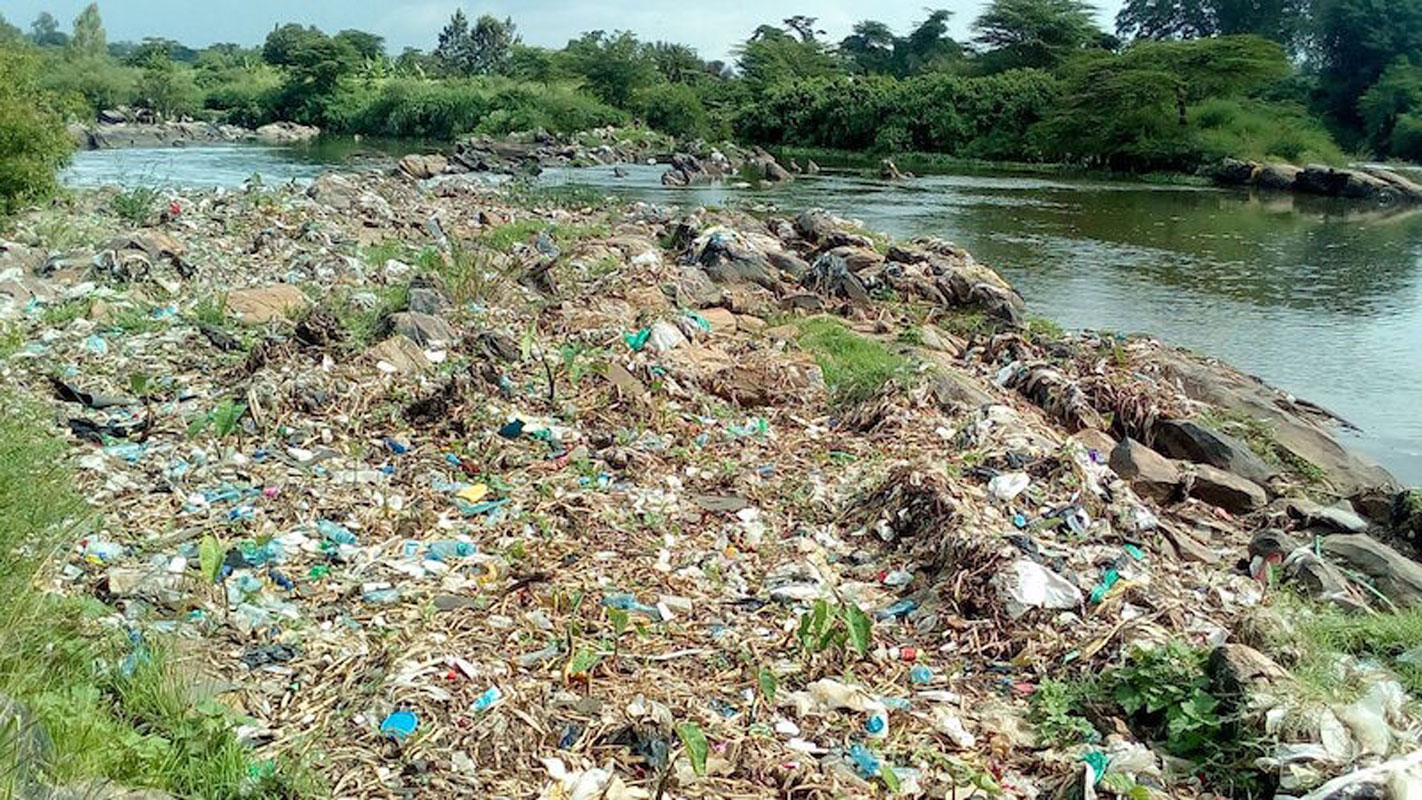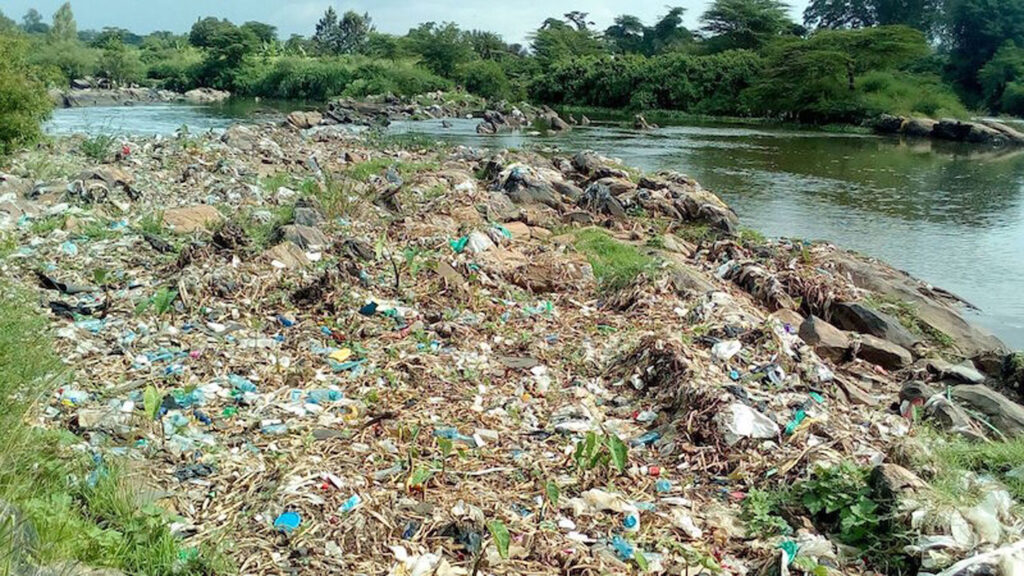In a major boost to restore freshwater systems in Africa, RID 9212 has entered into a partnership with UNEP for its mega Adopt-a-River Project in Kenya and Ethiopia, involving 74 Rotary clubs, said Rtn Jane Maonga from Lavington Rotary Eco Club, Nairobi.

At one of the convention breakout sessions on ‘Adopt-a-River for Sustainable Development’ moderated by DG Joe Otin, RID 9212, Jane said this project is aimed at restoring two major rivers — the 390 km-long Athi River Basin, the second largest river in Kenya; and Akaki River in Addis Ababa. Both the freshwater systems have been polluted by human and industrial activities for decades. Divided into six clusters, the Rotary clubs are holding river walks and doing waste audits to assess the types and sources of pollution.”
Engaging communities
The local administration and community are being involved too. “Kenya Forestry Services is providing seedlings to plant saplings along the restored stretches of the river and recreational zones are being set up on riverbanks such as the High Rope Park in Addis Ababa and Komb Green Park, Nairobi, as part of beautification plans.” Rotary is also creating awareness among students on waste management practices, involving them in clean-up, rainwater harvesting and vegetable gardening in their communities.
Rotary is taking up WASH projects in urban slums to prevent disposal of faecal waste into rivers.
However, there are serious challenges such as high poverty levels, hostile areas with gang rivalry, human encroachment into riparian lands, poor sanitation facilities in urban areas leading to dumping of solid waste and raw sewage flow into rivers which need to be addressed by the Rotary clubs. Besides, there is laxity in the prosecution of environmental offenders, said Jane.
But there is hope with the local governments willing to enforce waste management measures like the plastic ban. Rotary is taking up WASH projects in urban slums to prevent disposal of faecal waste into rivers.
Sharing his views, Joakim Harlin, Head, Freshwater Unit, UNEP, said water resources are finite, but the needs and demands for consumption, industrial and commercial use are expanding rapidly.
Clean-up Plus
A steering committee with members from Rotary clubs, UNEP, private sector, government agencies and communities is implementing the project with a Trust formed to create seed money. Clubs are also mobilising resources for long-term needs. Under the Clean-up Plus initiative, training is being given to local clubs in solid waste disposal and managing litter along the rivers. “We are creating a matrix that will be fed into the assessment of pollution levels that affect the marine environment,” he said.
The project will not only be beneficial to communities, but also enhance their skill levels and enable them to replicate it at different stretches of the river, he said. “The beneficiaries are made aware of the sources of pollution and motivated to take up river bank management like creating buffer zones and planting trees as part of restoration,” Harlin said.
DG Otin who is also Rotary ambassador to UNEP said Adopt-a-River Project was conceived in 2018 when UNEP Communications Head Daniel Cooney readily agreed to work with Rotary to “increase awareness on environment and help people to understand Rotary’s initiatives to support nature.” This was followed by a visit to RID 9212 by RID Peter Kyle, and later on by then RI President Barry Rassin to mark the UN Day in Nairobi. “We selected this project in consultation with Rassin,” explained Otin.
Representing the government, Fred Nyongesa, Manager, Kenya Water Resources Authority, said the attitude of people and rapid urbanisation are destroying river ecosystems. “Besides the degradation of water catchment areas and growing pollutants are other areas of concern,” he said.
Fact-file
- A UN study has found that one-third of large rivers in Asia, Africa and America are severely impacted by pathogens.
- There is 30 per cent decline in freshwater systems across the world since 1970s.
- National wetlands are getting depleted with increasing demands for consumption of drinking water and over-exploitation of groundwater.
- Around 80 per cent of 159 million people who use surface waterbodies as their primary drinking water source globally live in Sub-Saharan Africa.
- Increased pollution of rivers and lakes in the last 40 years has led to decline of over 80 per cent of freshwater species.
- 90 per cent of all waste in the oceans comes from land-based sources being transported by freshwater systems.
- Adopt-a-River Project of RID 9212 is the largest water restoration project in Africa spread over 11 counties (municipality units) in Kenya and Ethiopia.






